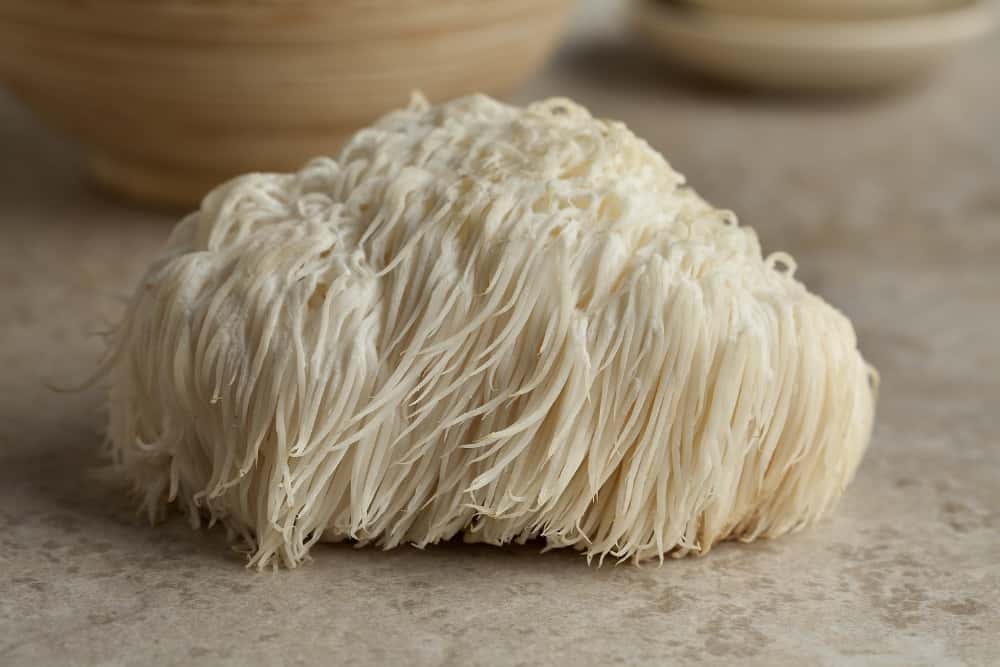
An edible mushroom, called Lion’s Mane for its unusual appearance, has a reputation for improving heart health, modulating the immune system, easing depression and fighting cancer. In China, folklore holds that it might be beneficial against dementia (Scientific Reports, Aug. 31, 2017).
Compounds from Lion’s Mane Mushrooms Help Mice:
Recently, researchers in Australia isolated compounds from the Lion’s Mane mushroom (Hericium erinaceus) that help nerve cells connect to each other (Journal of Neurochemistry, Jan. 20, 2023). They were able to visualize this in tissue culture experiments. Moreover, when they gave the compounds to mice, the rodents improved their performance on a standardized maze test.
In conclusion, the authors call for more research to determine whether the active ingredients in Lion’s Mane mushrooms could improve memory performance and slow cognitive decline in aging humans.
Do Humans Benefit from Mushroom Supplementation?
Unfortunately, relatively few studies have assessed the effects of Hericium erinaceus in humans. In one trial, investigators recruited 24 college students and randomly assigned them to receive mushroom extract or placebo for a month (International Journal of Exercise Science, Oct. 1, 2022). For the purposes of the study, participants ate identical appearing muffins every day. Muffins for those in the intervention group contained 10 grams of H. erinaceus extract.
In the assessment phase of the trial, the volunteers used a cycle ergometer to determine their fitness. In addition, they completed the Stroop Word Challenge and a Mental Arithmetic Challenge to evaluate cognition. The researchers detected no differences between the two groups.
Citations
- Chen J et al, "Genomic and transcriptomic analyses reveal differential regulation of diverse terpenoid and polyketides secondary metabolites in Hericium erinaceus." Scientific Reports, Aug. 31, 2017. DOI: 10.1038/s41598-017-10376-0
- Martínez-Mármol R et al, "Hericerin derivatives activates a pan-neurotrophic pathway in central hippocampal neurons converging to ERK1/2 signaling enhancing spatial memory." Journal of Neurochemistry, Jan. 20, 2023. DOI: 10.1111/jnc.15767
- Grozier CD et al, "Four weeks of Hericium erinaceus supplementation does not impact markers of metabolic flexibility or cognition." International Journal of Exercise Science, Oct. 1, 2022.

